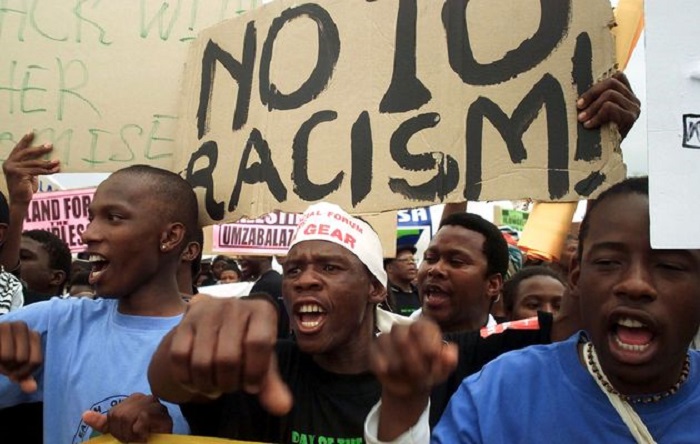South African society is functioning as an extremely race-orientated entity bordering along the lines of prejudice and racism. This is the viewpoint of Gerhard Papenfus, chief executive of the National Employers’ Association of South Africa (NEASA), who recently wrote an opinion piece entitled ‘Racism: Do Not Whitewash The Reality’.
Since the turn of the year, local media has been awash with reports of several controversial comments from both well-known public figures, as well as everyday South Africans, which have seemingly reignited racial tensions in the country.
The most high profile of these incidents has been the case of Penny Sparrow, a KZN-based realtor who came under fire for comments on social media comparing black beachgoers to monkeys. According to Papenfus, not only has Sparrow’s comments effectively opened up a “can of worms”, but it has also proven that South African society remains deeply fractured.
“We mustn’t supress the debate. There is merit in not allowing blatant racism and encouragement of genocide, but the fact is that when people do that it illustrates the mood of the nation.
‘When we supress that freedom of speech we might get to the point where we think all is well when it clearly isn’t,” he said.
With most citizens still motivated by a sense of fear and prejudice against those of different backgrounds, culture and race, Papenfus said it was vital South Africans stray from their ‘safe-zones’ and interact with one another, so as to openely address these issues.
“Racism is the result of not knowing people, as well as fear; if you take those two elements away you’ll almost certainly get to know a person better.
“The fact that I don’t like a person causes me to fear him, which in turn causes me to believe prejudices about him. I say open up this debate and give a man the freedom to talk,” he reiterated.
Papenfus also challenged suggestions that government should implement legislation to criminalise racism altogether, brandishing the idea of legalising an individual’s attitude as “absurd”, and a means of stifling the way people inherently felt.
“This nation isn’t healed. We’ve come a long way, but we need to get to the point where we tell each other what we feel, how we experience life and how we see it, so that we can get to know each other better,” he stated.
While there has been some ‘economic underpinnings’ to the increased levels of racism seen in recent years, Papenfus advised that this could not be solely to blame for the levels of segregation and division still seen within the country. VOC






 WhatsApp us
WhatsApp us 

